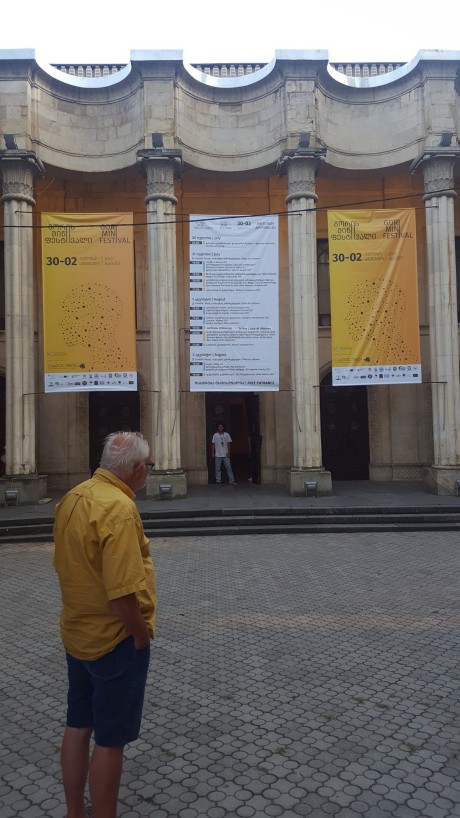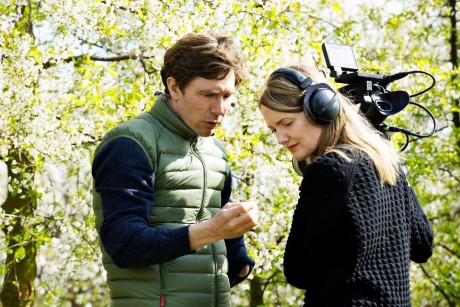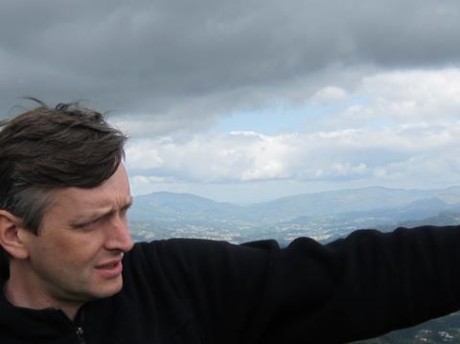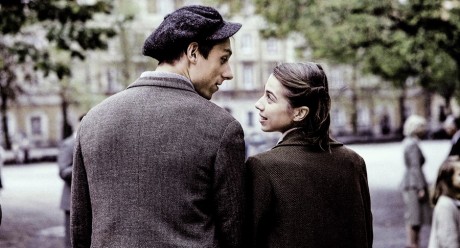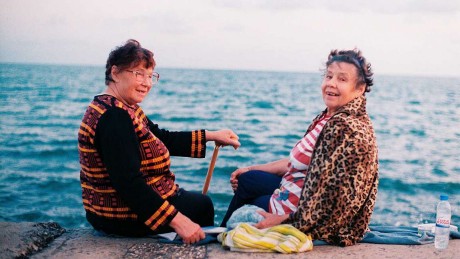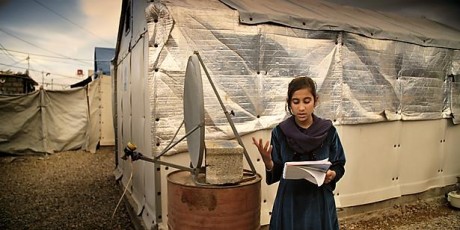


CinéDOC Summer School – Talent Development
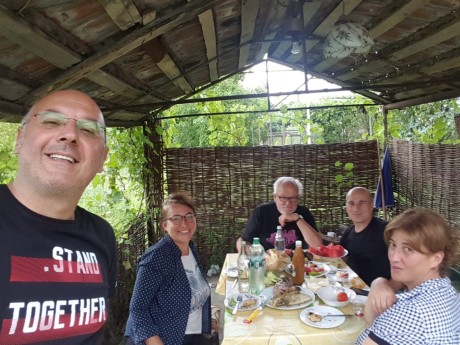
They have just left the room, the nine students and filmmakers, who have been sharing their projects, their ideas, their visuals, five of them are from Konrad Wolf Filmuniversität, taken here by teacher and cameraperson Merle Jothe, who talked to us yesterday about two films that she has been working on, the second one the award-winning ”Berg Fidel – A School for All”, directed by Hella Wenders, wonderful kids, fine situations, would love to watch the whole film.
It’s been (so far) 4 full days, 3 more to go, and now the participants want to
make small films in Gori. Get out from the hotel to observe and film. Shooting today, editing tomorrow. Fresh air after inside days full of words and feedback. The more you hear, the closer you get to the participants – students and emerging makers – the more you will be able to help them. It’s a process and there is a lot of psychology involved… after decades of doing this, I still ask myself ”who am I to tell others what to do”. I am thinking of late great editor Menno Boerema, who died not long ago – after giving comments to projects he always said, ”forget everything I said”
Apart from the nine there are six filmmakers, who are in post-production. They have been given advice by Dana Bunescu and Albert Elings, experienced editors with quite different approach to their métier. These two have been watching hours of material, some rough cuts, shorter or longer. I have seen some of the material – Georgian Giorgi Parkosadze is working on a beautiful documentary about a mother and her son, who live in the mountains in summer time and (him) sometimes during winter, where the son is seen reflecting on his future. He wants to work with software and he wants to be married. Which is actually going to happen, to be filmed of course.
Another Georgian, Nikoloz Bezhanishvili has for years been filming in the city where we are, Gori. Stalin is the subject and the director has great footage with an old woman, who has dedicated her whole life to Gori-born Stalin, being a member of the communist party, who wants to have the statue of the great leader back in the place, where it stood. Well, actually they want it to be placed at another place, contrary to the other Communist party – here is a strong conflict between the two fractions, whose leaders do not like each other, to say the least. Absurd!
Quite charming is the project of Tatia (Tamar) Skhirtladze, whose ”Encounter” brings four previous world champions in chess playing together through archive and material shot today with the lovely women, Nona Gaprindashvili, Nana Alexandria, Maia Chiburdanidze and Nana Ioseliani, who were worshipped in Soviet Georgia and have many many childrren named after them. At this stage the film is a bit messy but with the help of a good editor, it can be a film for a big audience, not only in Georgia.
And innovative in style is ”Revolution in Armenia” by Vahan Khachatryan, who runs a documentary festival in his own country, a film buff, who for sure will see his film being screened in other countries, at other festivals. With small adjustments the film is ready.
Yes, there is so much talent – I have to mention with pleasure that film student Nina Cavalcanti from Brasil, in our group session, showed a film she made years ago with the master Gilberto Gil, a film from a record studio, full of energy, a true documentary in the style of Richard Leacock.
Finally I have to tell you about the excursion I took last night, invited by good friends, the organisers of the CinéDOC festival and the Summer School, Ileana Stanculescu and Artchil Khetagouri, who have a house in a village close to Gori, a beautiful place where organic tomatoes are grown, and a place where true neighbourhood exists. On the picture you see Zura and his wife Nana, and the two hosts. Lovely food, homemade chacha and toast after toast, as the Georgians do it and do it so well. The tomatoes were excellent!

